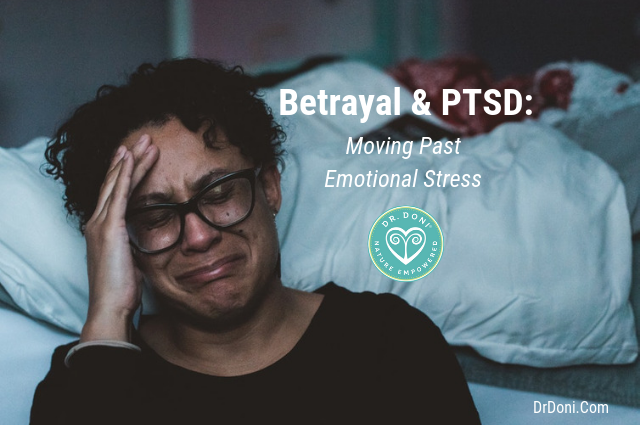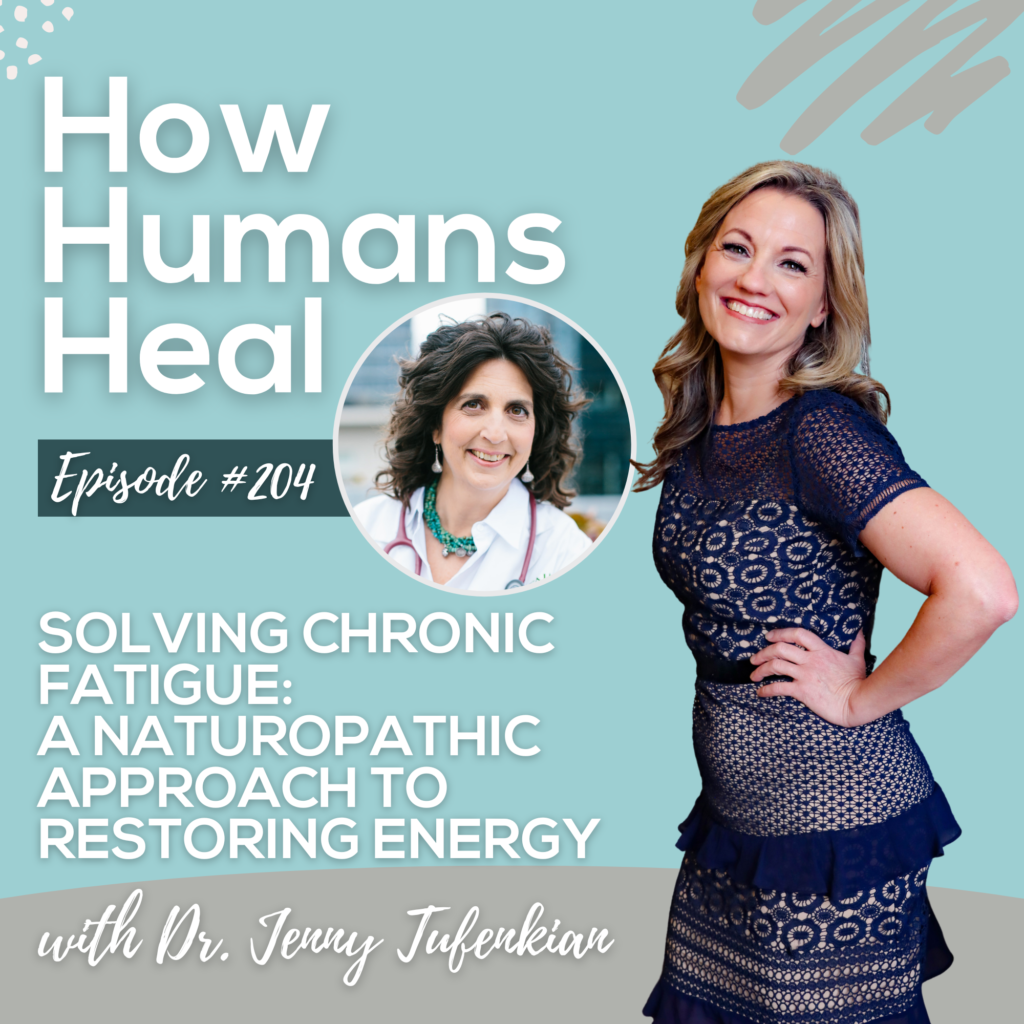
Betrayal & PTSD: Moving Past Emotional Stress
- Home
- Stress & Adrenal Fatigue
- Betrayal & PTSD: Moving Past Emotional Stress

Discover how dealing with betrayal can cause damaging physical and emotional stress on the human body that results in lasting health ramifications.
Betrayal is a devasting thing.
Whether from our spouses…
Or best friends...
Or a family member or business partner (or boss)...
Or a community or organization…
It cuts us deep and leaves sometimes lasting impacts on our lives. Do you know what else it is? Common. And so is the stress response and patterns of emotional pain that follow.
Often times, getting through the ordeal intact is dependant on the person betrayed. Do they move on or dwell, suffer, and agonize?
Interestingly enough, betrayal can be such an intense emotion and life experience that people suffer symptoms of Post Traumatic Stress Disorder (PTSD) from it in staggering numbers.
That’s right… PTSD.
Typically thought to be saved for combat soldiers or first responders, PTSD is way more common than you might think. A little run down of statistics might help…
- An estimated 70% of adults in the US have experienced a traumatic event at least once in their lives…
- Up to 20% of those individuals go on to develop PTSD…
- An estimated 8% of Americans have PTSD at any given time…
- That’s approximately 13 million people…
- Or, 1 in 13 adults in the United States…
- Women are twice as likely to experience PTSD…
I know—WOW.
Introducing Post Betrayal Syndrome
Recently I had the opportunity to sit down with a friend and colleague of mine, Dr. Debi Silber. Dr. Silber recently completed her Ph.D. program and thesis on the common stress experience of betrayal, naming it Post Betrayal Syndrome (PBS).
Following the successful introduction of PBS, she created an institute to help clients in group settings or 1:1 to recover from PBS.
I can tell you from the personal experience of completing one of Dr. Silber’s programs that it was incredible. I feel so fortunate to have been able to find the support and resources to help me get through my own difficult time.
The Impact of Emotional Stress
If you’re surprised to know about the potentially devasting impact that emotional stress has on the body, then consider yourself lucky. Chances are you haven’t experienced something emotionally triggering enough to leave a mark.
Similar to when our bodies suffer from physical stress, an emotional blow to our system (such as trauma or loss) can result in additional physical and mental deterioration. I’ve mentioned the SOS signal coming from your adrenals before; how, when in high-stress situations your adrenals send messages to other parts of your body warning them of the potential damage. This is evident when suffering from emotional stress, as well.
In fact, I first became interested in researching stress back when I was training to be a midwife. As I studied women in labor, I witnessed how stress—specifically the fear of labor—impacted them. In many cases, too little or too much stress could slow or stop a successful delivery.
That’s right… to an extent, the female body REQUIRES stress and the hormones that come with it to progress labor effectively. It was then that I deduced that optimizing our stress hormones at any given point is essential for every human being alive. This realization would go on to profoundly impact the next two decades of my career. It’s what I wrote about in my best-selling book, Stress Warrior.
PBS—and emotional stress overall—affect us on a physiological level, including:
- Hormones
- Digestion
- Nervous System
- Immune System
Recovering From Emotional Stress
Luckily there are very effective ways to recover from emotional stress. That’s exactly what Dr. Silber and I recently spoke about on her podcast, From Betrayal to Breakthrough.
As an overview, I highly recommend the following to recover from PBS and emotional stress:
- Psychotherapy
- Cognitive Behavioral Therapy
- Eye Movement Desensitization and Reprocessing (EMDR)
- Mindfulness-Based Stress Recovery (MBSR)
- Hookworm Therapy
- Herbal and Nutrient Protocols to re-optimize adrenal function
- Dietary and Lifestyle Changes to Implement Self-Care
- Balancing the Microbiome
Most importantly, if we want to be performing and feeling our best, we need to ensure we have the right amount of cortisol and adrenaline at each point in the day and night.
If you’ve been through a traumatic event yourself and still feel the lasting impact it’s having on your physical and emotional wellbeing, consider alternative options, in addition to contacting your psychotherapist. I feel that adrenal and gut health recovery is essential even though it is NOT often suggested by other practitioners. This is based not only on all the research I’ve read but what I’ve experienced personally, as well.
Read about how stress affects us, and the process I developed to facilitate adrenal and gut health recovery, based on your unique stresses and genetics, in Stress Warrior: https://doctordoni.com/product/dr-doni-s-stress-warrior-book-paperback/
Learn more about my Adrenal Recovery Program which allows you to work with me one-on-one, in-person or by phone, to guide you through helping you recover. Recovery is possible.
Share this Post:
Dr. Doni Wilson
14 Day Detox Program
Take the Stress Type Quiz
Dr. Doni Social Media
Popular Posts


The 5 Burnout Types

Healing HPV Holistically: Dr. Doni on the Inspire Health by Jen Podcast

Recent Podcasts
Signup to receive our weekly newsletter with all the latest news, podcasts and special offers
New Book - Order Today!

SIMPLE PRACTICES for SHIFTING FROM YOUR STATE of STRESS to YOUR FLOW and FREEDOM
MASTER YOUR STRESS
RESET YOUR HEALTH
Order Now! Related Posts

What is making you susceptible to HPV?
I have been working with women who had abnormal cells on their cervix and/or vaginally, caused by HPV for over 20 years now. And while

The 5 Burnout Types
Did you know there are 5 burnout types? They are based on your Stress Type®, which is how your adrenal function has been affected by

Healing HPV Holistically: Dr. Doni on the Inspire Health by Jen Podcast
Dr. Doni was interviewed by Jen Ciszewski on the Inspire Health by Jen Podcast, talking about how to heal away HPV from your body for good.

Stress and Trauma: The Science Behind It, How It Shows Up and How to Heal: Dr. Doni on The Burn Fat and FEAST Podcast
Dr. Doni was interviewed by Sarah B. Thomas on the Burn Fat and FEAST Podcast, talking about the impact of stress and trauma on our health and what to do to recover from them.














